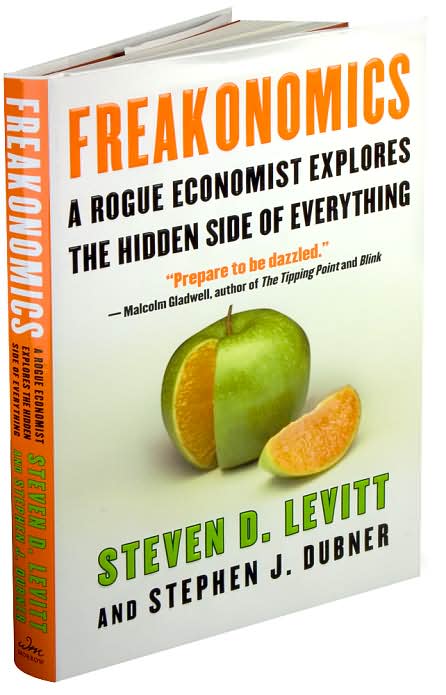Sunday, July 17, 2005
Most would agree that we live in a technological age. Everyone is searching for the next big, or should I say small, thing to improve the already microscopic gadgets we crave. However how much do we really know, not to mention understand, about the myriad of devices that surround us; I'll be the first to admit that I know next to nothing about many of even the simplest gizmos, yet I think even I could have provided a better explanation than one woman. As I was exiting an airport bathroom I overheard a conversation between a little girl (six at the most) and her mother. Her question was simple, "how does the toilet know when to flush?" The mother paused and gave a response that I consider far worse than the I-told-you-so's that escape the chagrined mouths of many a parent; her reponse was, "The red light knows dear, the red light just knows." Come now! Do the words motion sensor or electrical power ring a bell? Is it that she just didn't give her child enough credit for being able to comprehend these not so complex ideas or, could it be, that she doesn't understand them herself? Both are equally as unacceptable in a society that looks nowhere but up, either our educational system needs some work or else our parenting methods do...hmm how about both.
Friday, July 15, 2005
Haloscan commenting and trackback have been added to this blog.
Freakin' Awesome

I just finished reading Freakonomics and am pleased to say that it surprised me. It had an interesting premise, "a rogue economist explores the hidden side of everything," but I figured it would present meaningless questions with even less meaningful answers. So, why did I buy it? It was different and I had a gift certificate. Despite my fist presumptioins about its potential I found, rather quickly, that the author and the mind behind the piece (Stephen J. Dubner and Steven D. Levitt respectively) had original ideas supported by compelling statistics and studies. Though I am sure that everyone who has read this has taken offense (on some level) to his stance on the legalization of abortion in the U.S.A eventually leading to the sudden drop in the crime rate during the 1990's the presentation was objective. No attempts were made to make Freakonomics politically correct, which makes it just that much more refreshing. Even when I felt taken aback by his information I was so excited to read something that wasn't entirely sugar coated I never thought about stopping. The aspect of the writing that I found most surprising was their ability to be relativly unbias while at the same time upholding the facts established by the research.
For those of you who are into economics, especially if you are like me and simply can't stand the mathematical part of it, I would definitely recomend this book. Levitt has a very different approach to economics and in here defines it as " the science of measurement." He states that morality represents the way people would like the world to work whereas economics represents how it actually does work. At its root "economics is the study of incentives: how people get what they want, or need when other people want or need the same thing."
I'll be the first to admit that I'm just a little bit nerdy when it comes to stuff like this, but who wouldn't get a kick out of reading about the simularities between school teachers and sumo wrestlers, why drug dealers still live with their moms, or my personal favorite the ecomomic repercussions of our names. It's interesting and easy to follow so go for it!
